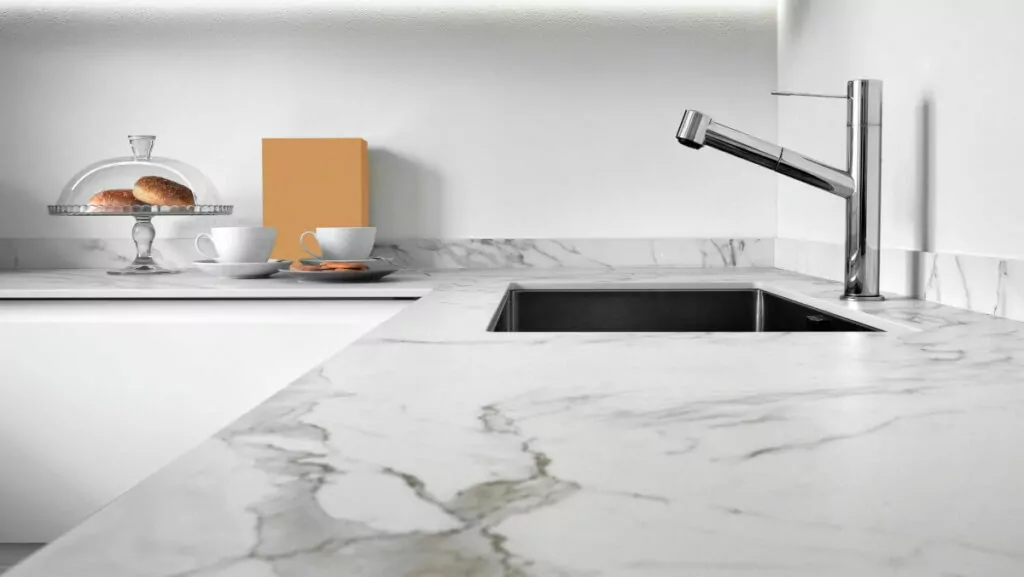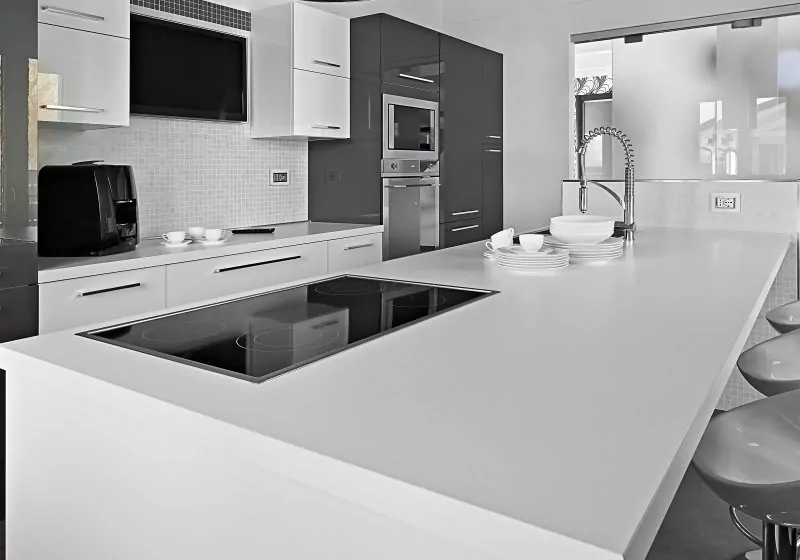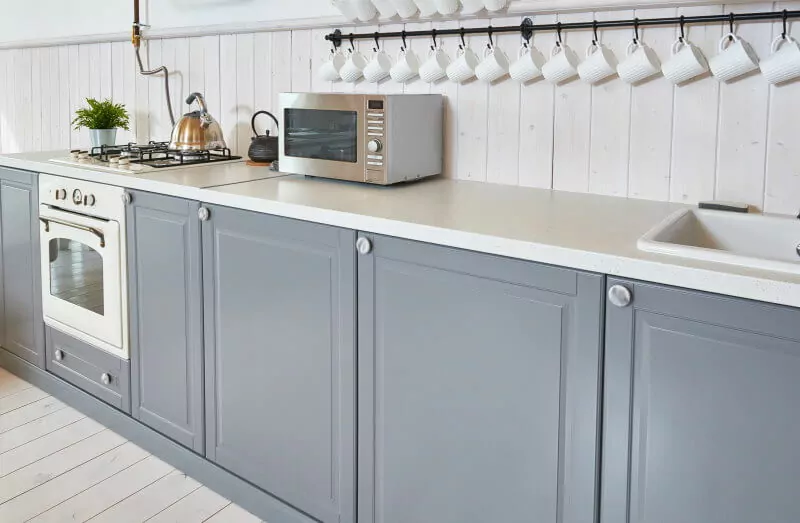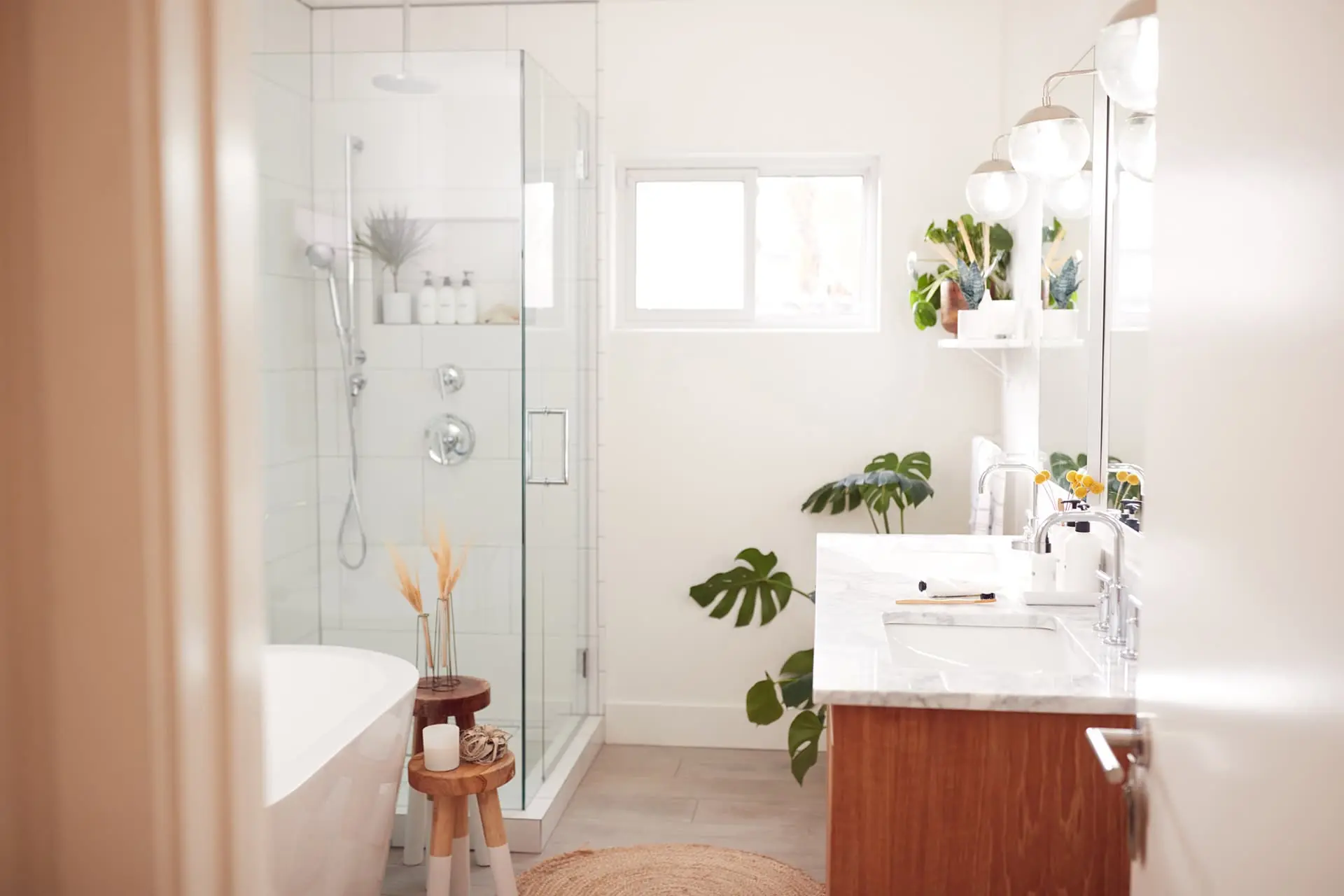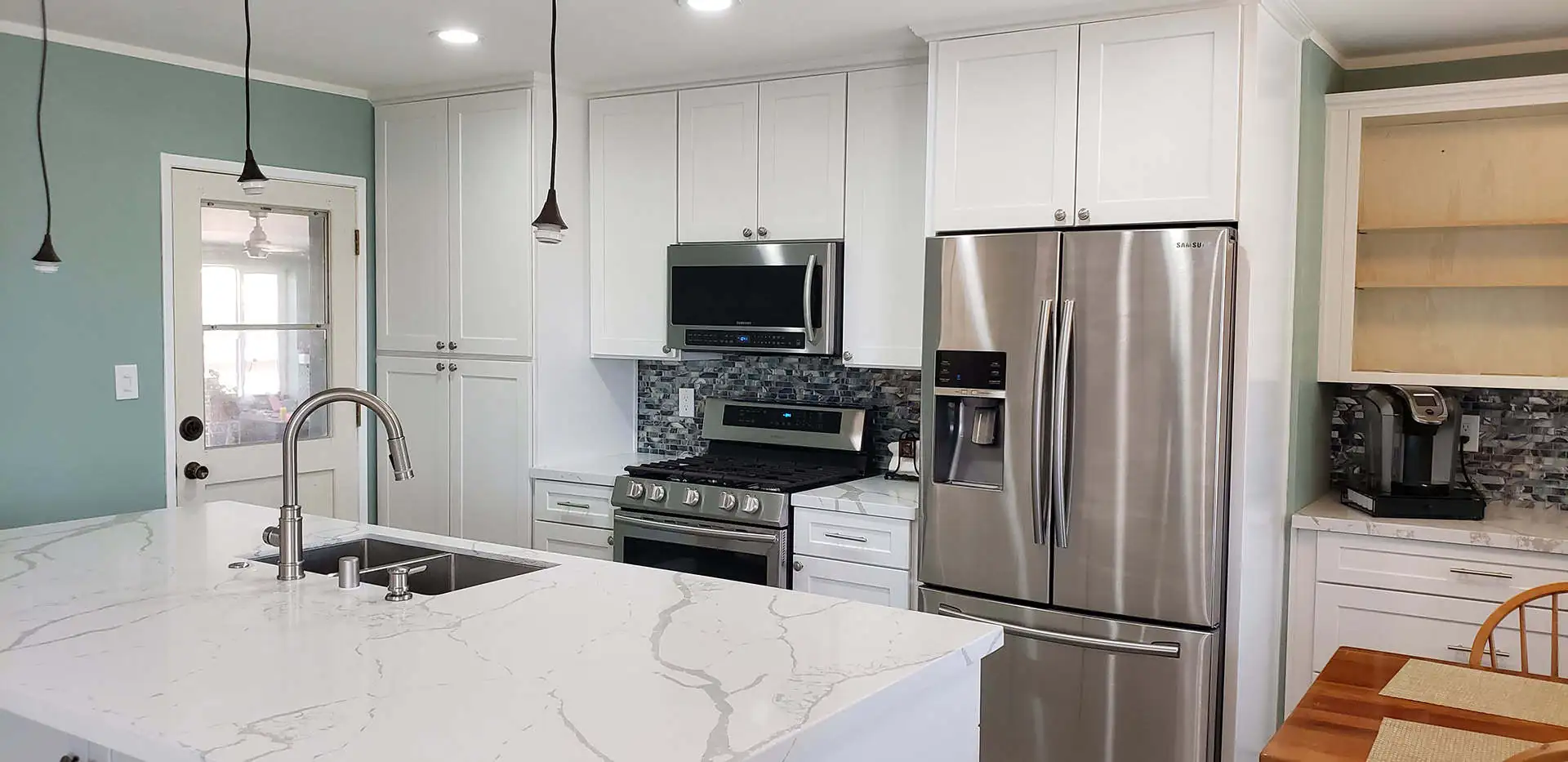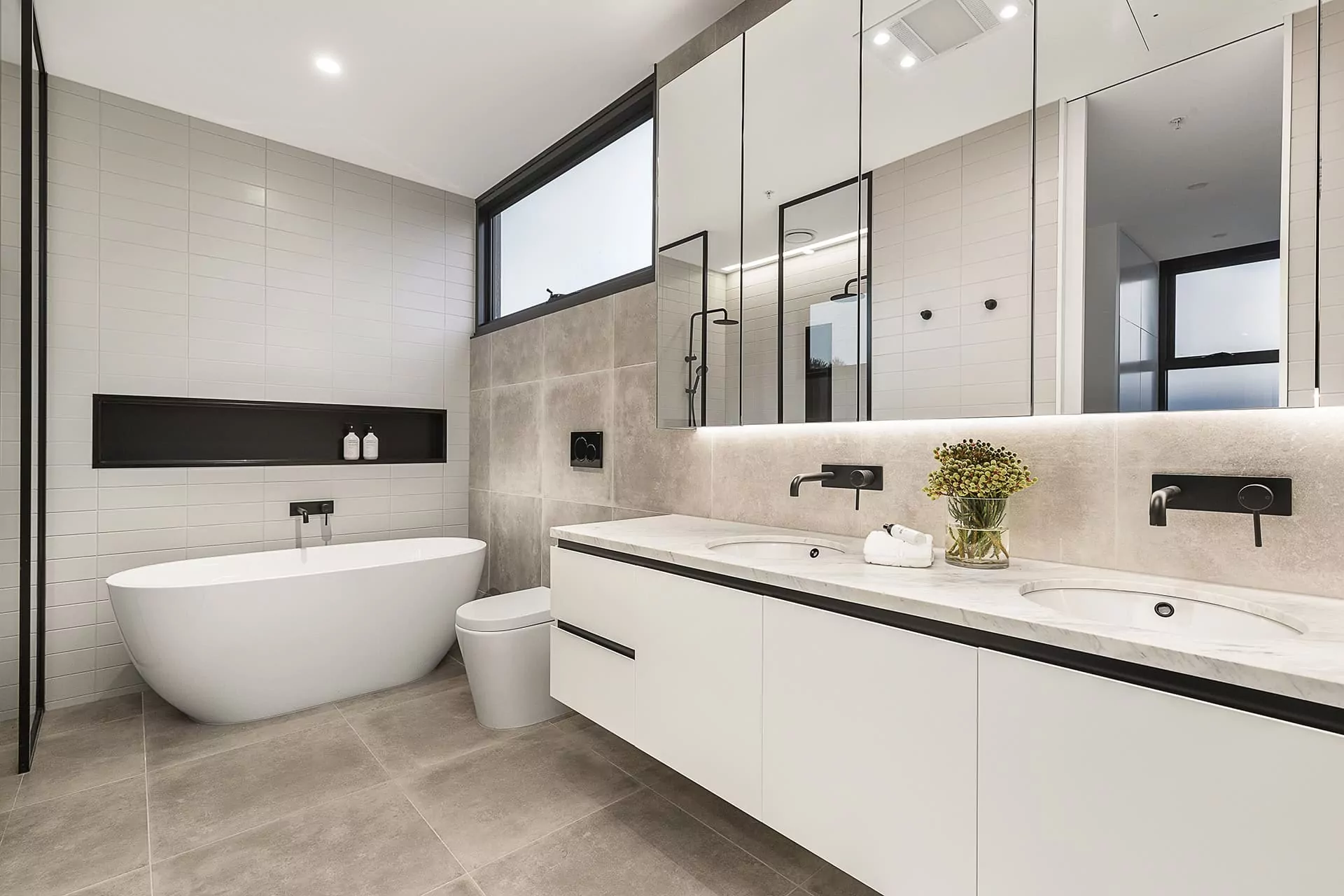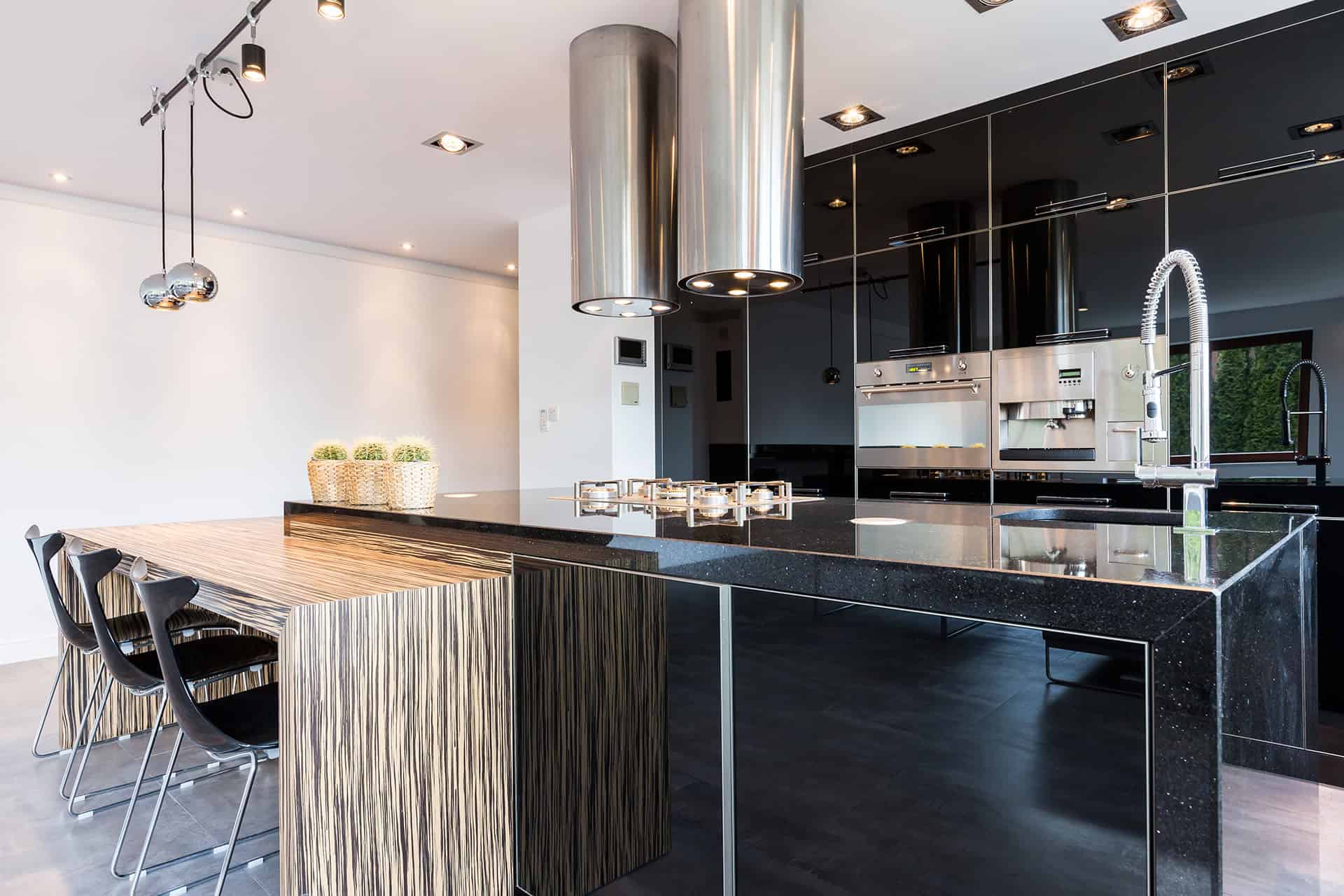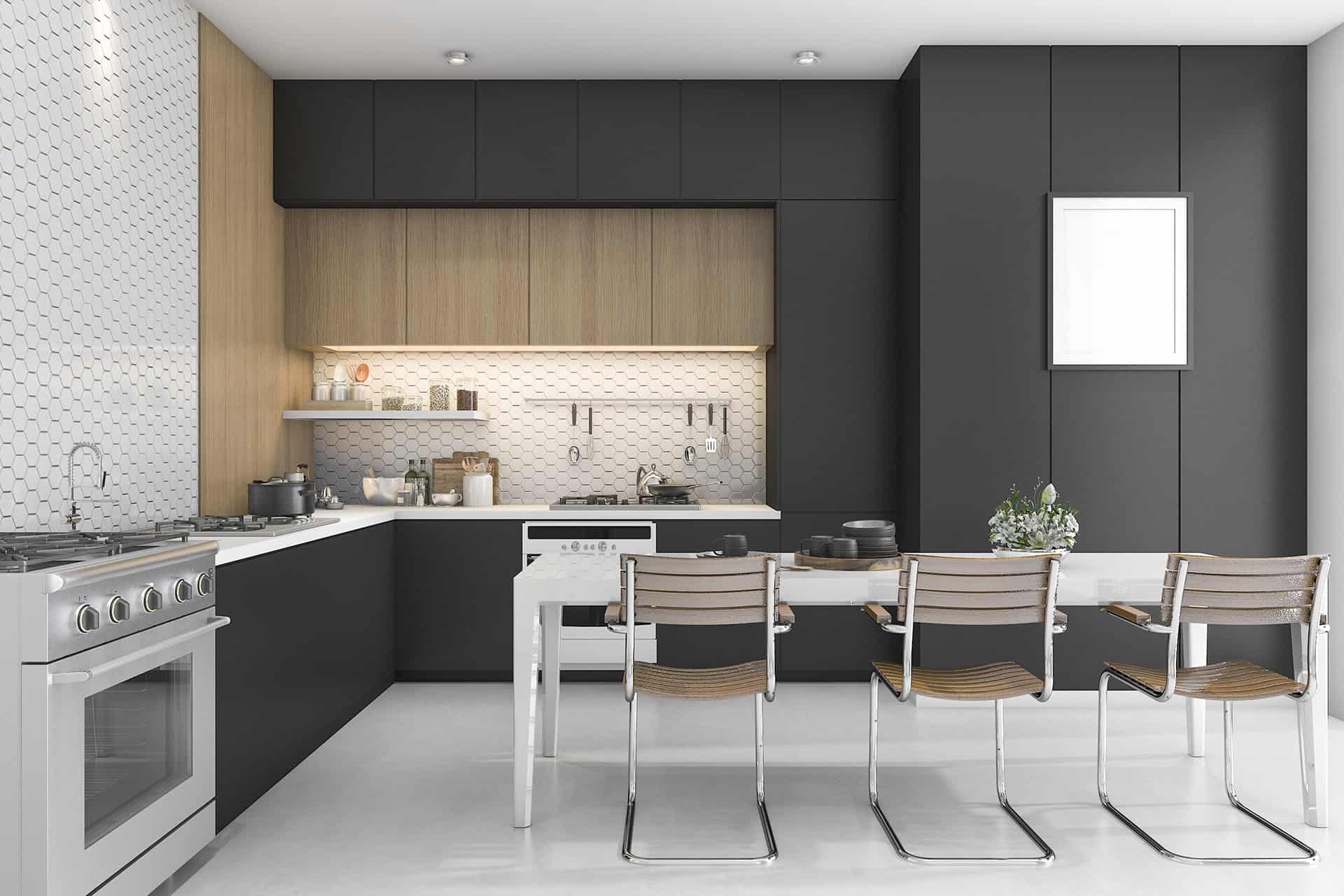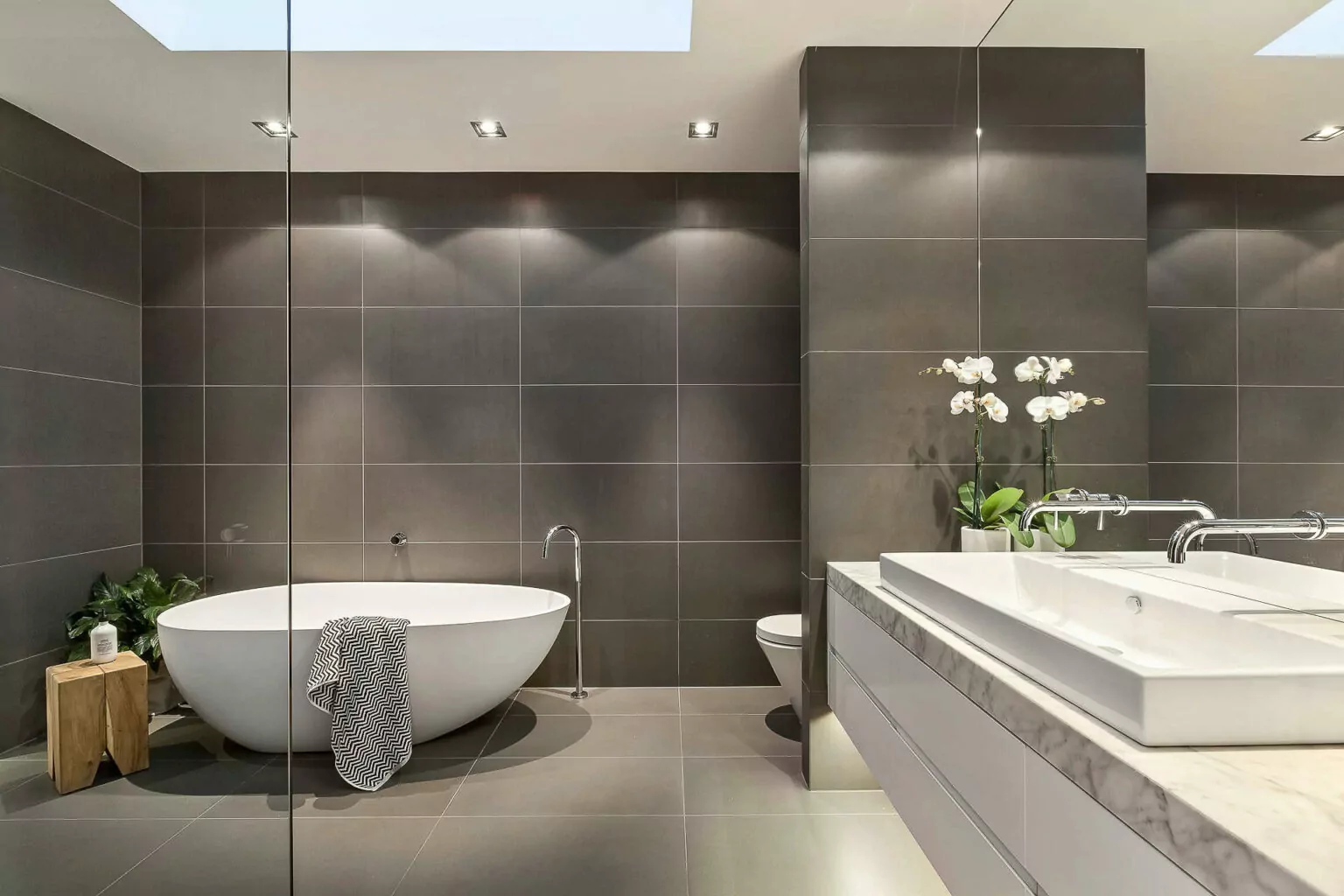Artificial stones often prove to be as good as their natural counterparts in terms of performance and beauty. Designers widely use solid synthetic materials to create kitchen islands, window sills, shower walls, bathtubs, and other necessary household items. Many homeowners in San Diego intentionally look for a Corian countertop for their kitchen. Is Corian a reasonable choice for such purposes? What advantages does it bring? Are there any pitfalls? Groysman Construction Company provides gives answers to all of these questions.
What is Corian made of ?
The answer to “what is Corian?” sounds like that: Corian is a modern, composite, high-tech acrylic stone brought to us by the brilliant minds of DuPont (a large American chemical corporation) in remote 1968. Curiously that artificial stone was initially developed as a super-material for artificial human bones – this proves its 100 % naturalness and safety.
What is Corian made of? The main components of Corian are acrylic resins Methyl methacrylate (MMA) and Polymethyl methacrylate (PMMA), aluminum hydroxide, natural minerals, and pigment additives.
The Corian structure is devoid of pores and makes the material non-hygroscopic (nonabsorbent). Corian products absorb moisture 300 times less compared to natural marble. Thanks to this quality, Corian is considered one of the cleanest and most hygienic materials ever existed.
PMMA is an incredibly sturdy and visually appealing acrylic resin. Products made of it are characterized by durability and gorgeous appearance. Essentially a thermoplastic, the acrylic stone becomes pliable under high (150-200° C) temperatures, so that it can be molded into any shape, which is why Corian is used to produce customized, one-of-its-kind items and furniture with long-lasting performance.
An innovative, flexible material, Corian provides for endless creative possibilities, allowing designing areas, perfectly tailored to personal preferences and needs. This artificial stone is generally used within the residential, commercial, and public confines, however, owing to its sensational durability and flexibility, many constructors, architects, and designers apply to it to clad buildings, make furniture, design lighting solutions, reception desks, to equip dining environments, create atmospheric decorations.
How is Corian produced?
Contingent on the extent of your project, there might be some inspections organized. The last review is usually the most important one. It is organized to guarantee that the various inspectors have genuinely been on the site, checked the work in person, and have initialed compliance procedures on the building permit, so the mortgage holder and the group can follow the inspection progress.
This last investigation is crucial for various reasons. It allows you to inform your insurance agency of the upgrades, evaluating while expanding your home’s value, and when offering your home to show that all work on your home met the strict requirements.
For the general issues (once more, check with your regional government allowing office for the particular necessities in your area of residence), counsel this list to find out which types of projects require legal permissions.
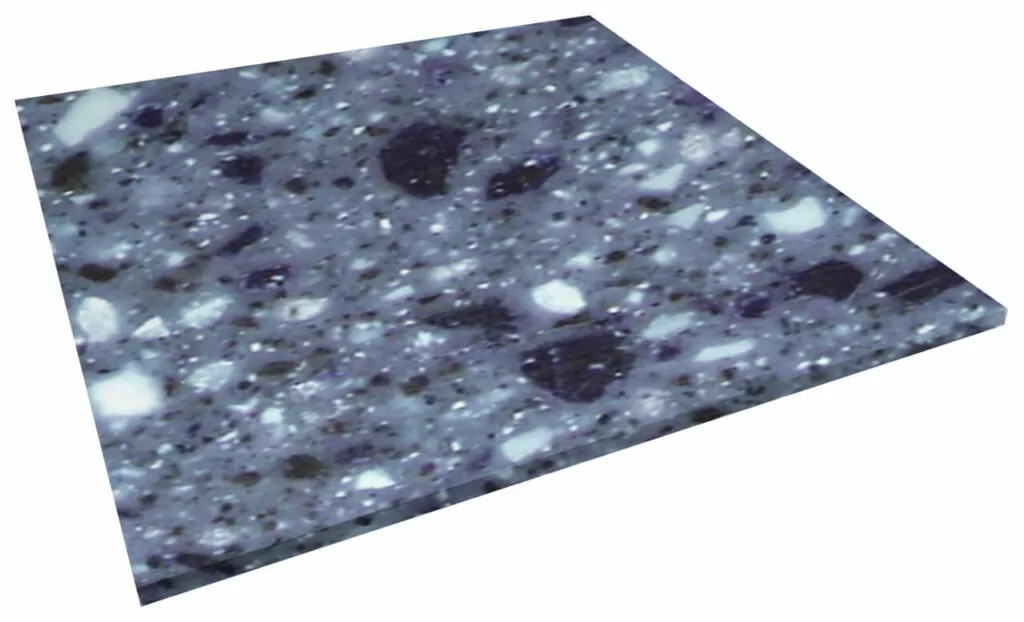
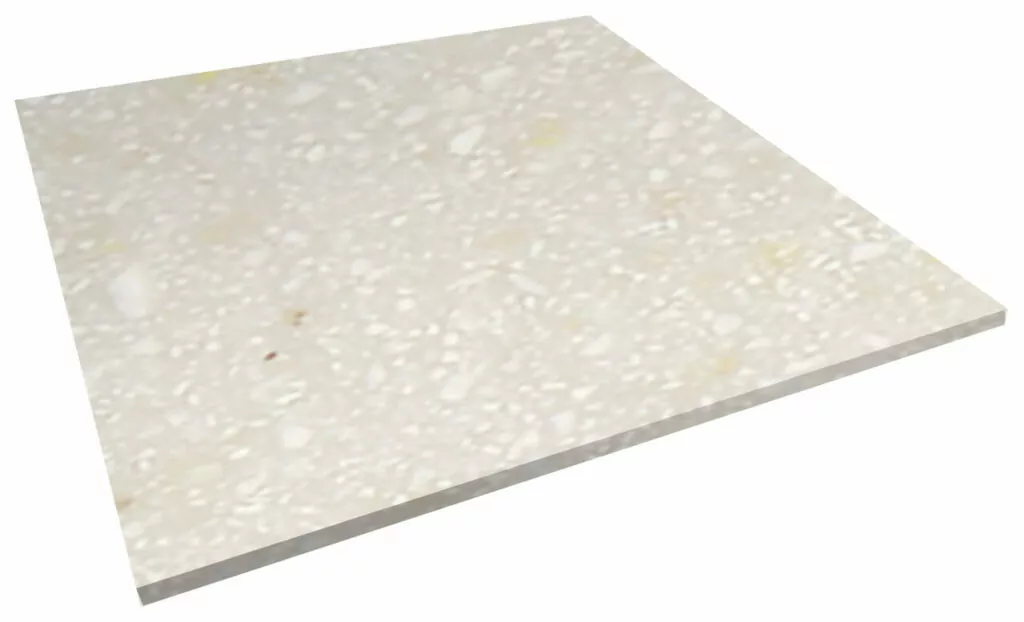
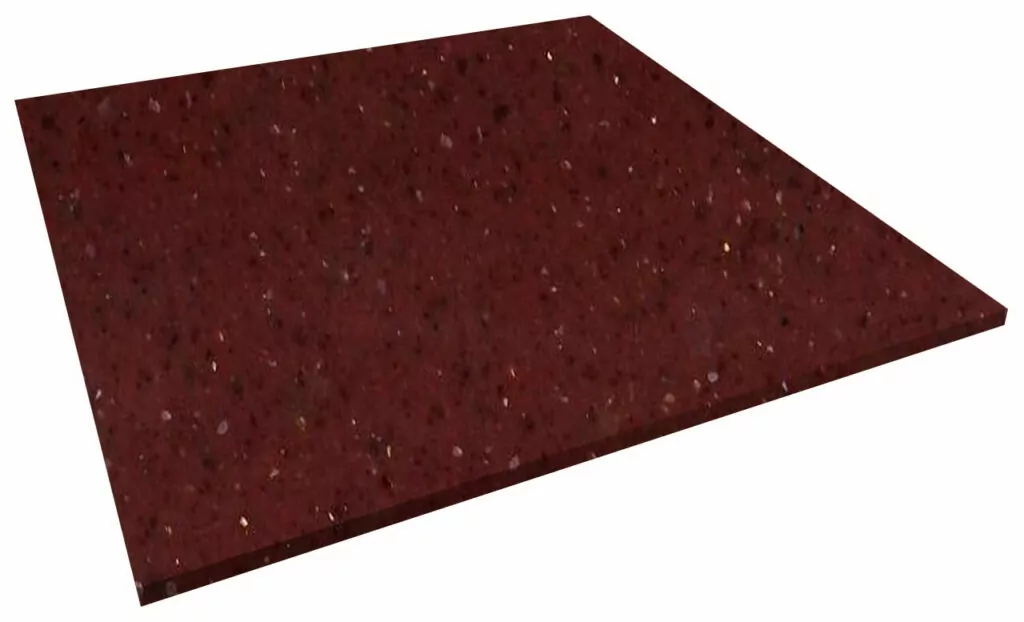
Corian countertops pros and cons
Corian kitchen countertops are remarkably durable. Non-delaminating, the material easily endures intensive exploitation and withstands all typical damages, such as chipping, cutting, scratching that hardly avoidable in heavy-traffic premises. Corian worktops are renowned for their quality to endure mechanical, thermal, electrical exposure.
Corian is an absolutely hygiene a non-porous, homogenous material, and it is also manufactured with inconspicuous seams, which means that such a surface will not provide nourishment for malicious bacteria or fungi, neither it will absorb any spilled fluid or deform over time.
It is also a non-toxic, inert material never releasing volatiles (provided, the temperature in your kitchen does not exceed 100° C, which is hardly possible). Even if burned, such an acrylic surface will only emit Carbon oxides which are not potentially harmful. Exactly for this quality, Corian countertops and surfaces are often installed in public areas like hospitals and hotels. Corian material is
Repairability speaks volumes for the popularity of Corian kitchen countertops. Any mild abrasive cleaner and a metallic sponge are generally enough to restore such a surface from small visual imperfections. Greater damage is also removed on-site without completely replacing the material.
Seamless perfection is a metaphor fully describing artificial acrylic stone. Pieces of Corian are glued together in such a way that they do not have any visible joints creating a flawing look of a countertop. Translucency is, quite literally, a unique and mesmerizing quality of Corian work surfaces for the kitchen. Remodeling companies in San Diego often leverage this feature of Corian to create unusual lighting effects in different areas at the request of the customer.
Corian countertops come in versatile colors, textures, and translucent hues. You have the flexibility to choose between single-colored options or experiment with multicolored harmonies. A Corian countertop also provides for applying any image on it through a sublimation printer for the ultimate uniqueness.
Disadvantages of Corian countertops are not so numerous, still exist:
1. Corian is quite pricey, and there are certainly less expensive options on the market. If you wonder is Corian cheaper than granite, yes, it is, though the difference is not great. Corian may cost up to $200 per square foot, while the same amount of granite can reach $200. However, the price does vary depending on the region, difficulty of installation, and, surely, the contractor.
2. If treated with harsh abrasives and cleaners, a Corian countertop may lose its initial color.
3. Unlike quartz countertop, Corian work surfaces do not handle extreme temperatures and may distort (still, easily repairable).
How to care for Corian countertops ?
Corian surfaces are created to last long and with easy care. How to clean Corian? Routine maintenance involves the use of soapy water or ordinary (not harsh) household cleaners. Taking a soft cloth or sponge, with circular movements, and not forgetting about the angles is sufficient to maintain the beauty of a Corian countertop. Once the dirt is removed, make sure to wipe the surface with a dry microfiber cloth to prevent the development of Limescale.
How to care for Corian countertops?
Keeping this work surface in a top condition is not difficult at all if to follow these tips:
If you have any questions concerning Corian applications in residential, public, or commercial areas, or you need professional advice on a kitchen or bathroom remodel in San Diego, Groysman Construction Company will be glad to provide to you a detailed consultation and offer the most suitable options for your remodeling project. .

